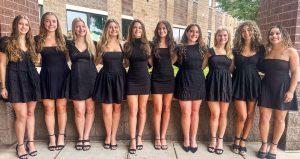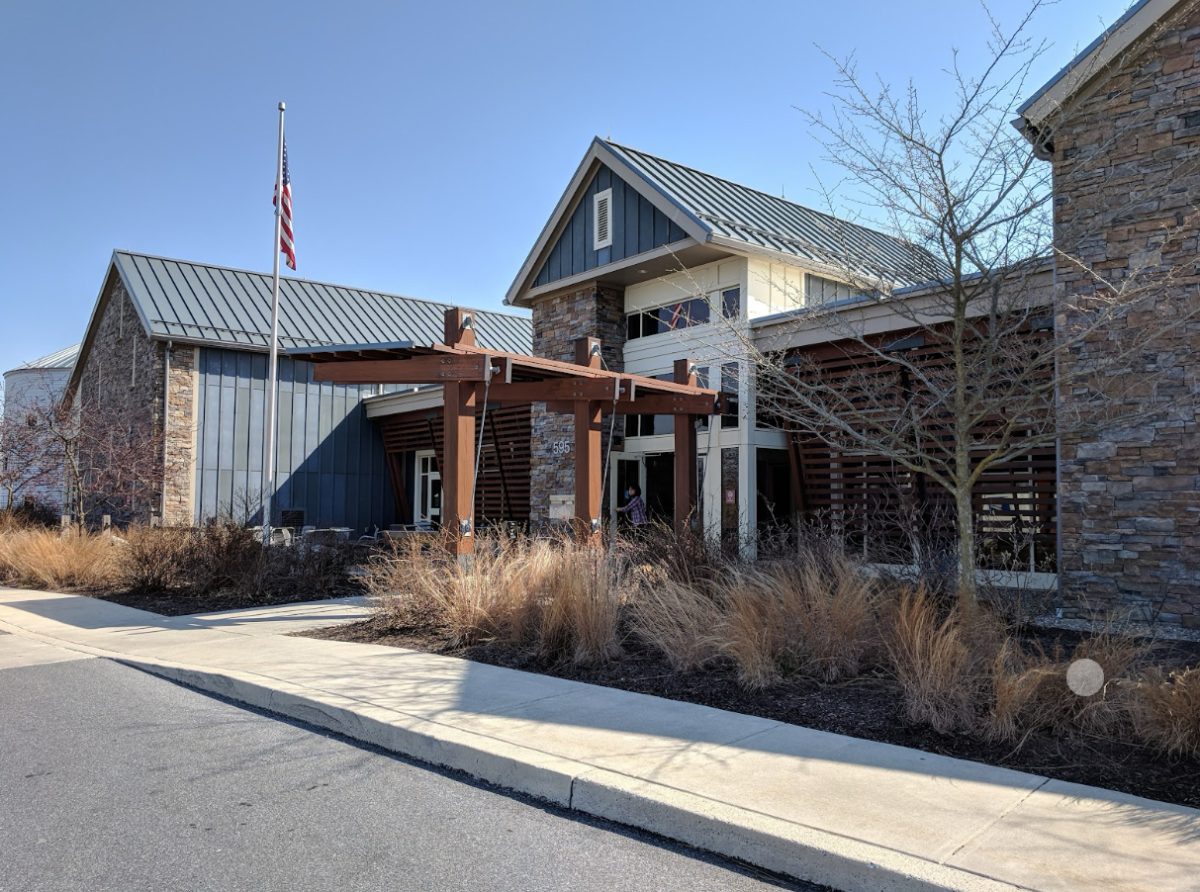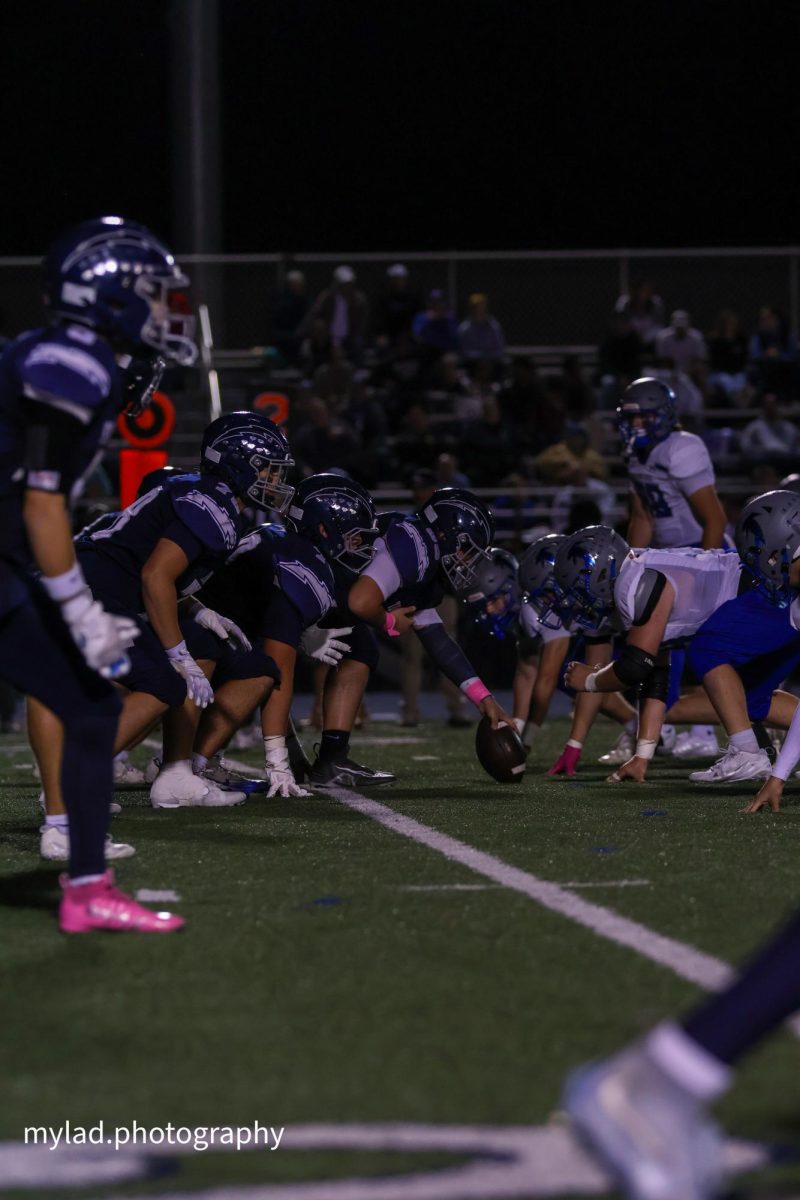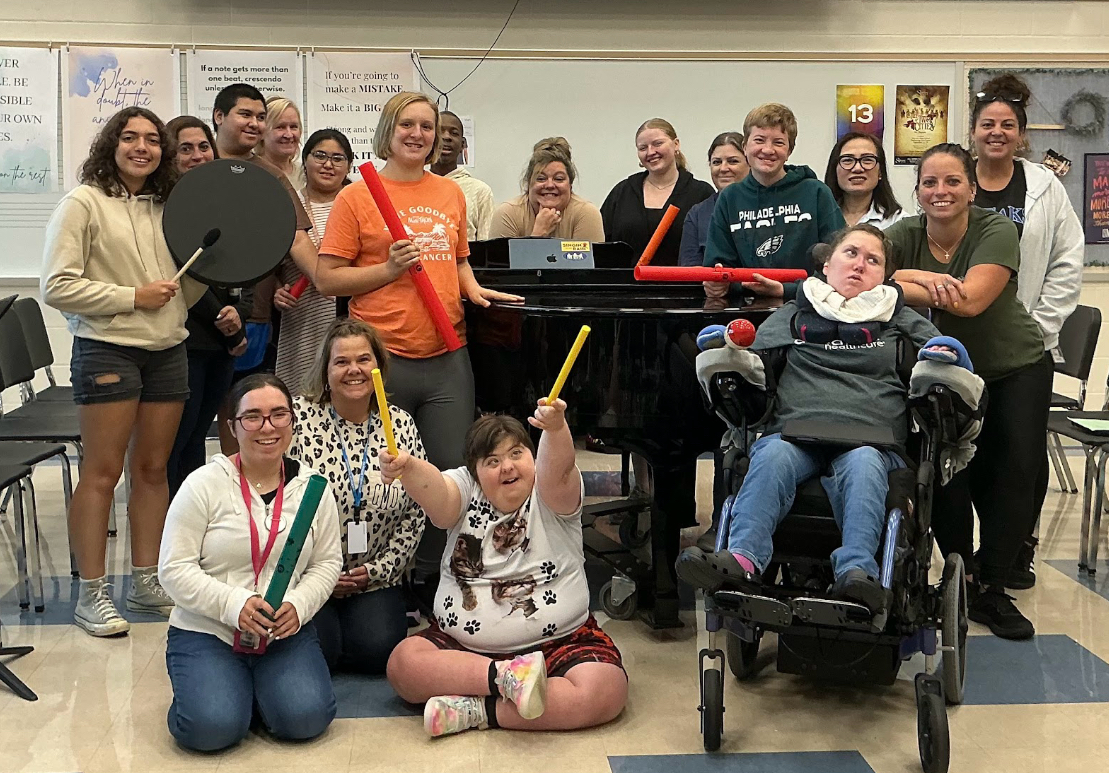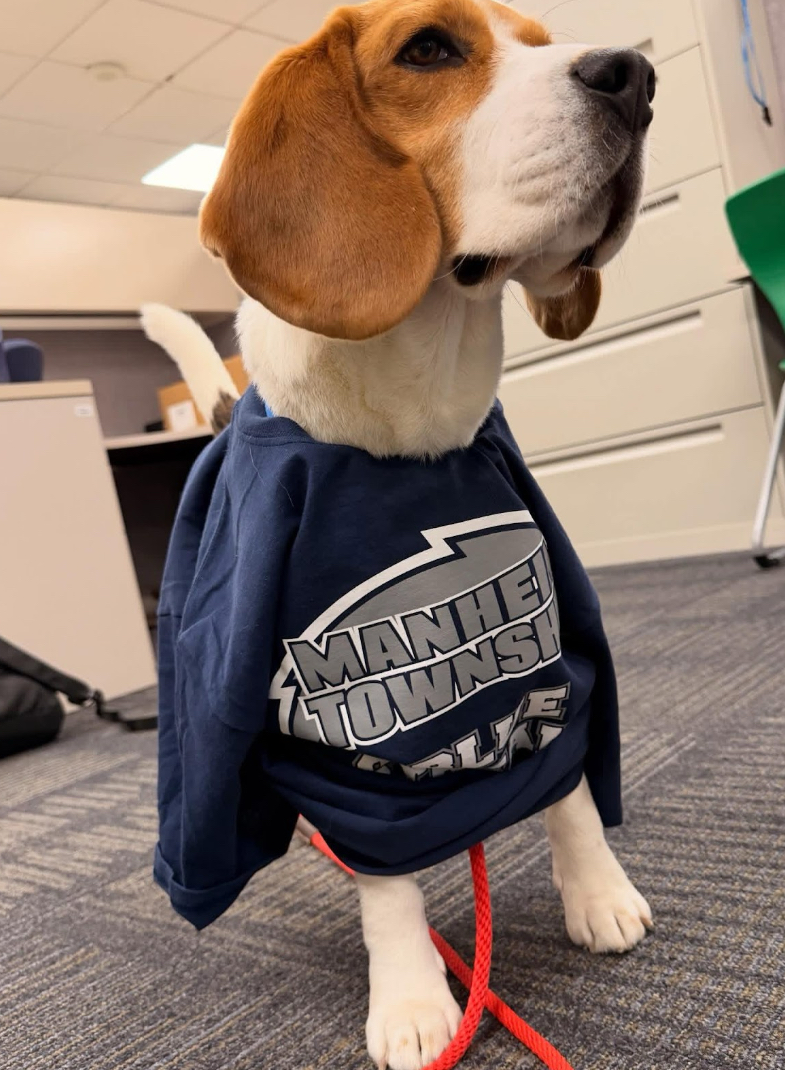COVID-19 throws college recruiting process out of whack
Upperclassmen athlete are uncertain how COVID-19 will affect the college recruiting process.
October 8, 2020
After the NCAA announced that fall sports for the 2020 season would be taking place, coaches, athletes and families were ecstatic. With all of the uncertainty that this past year has brought, the return of sports has allowed these anomalous circumstances to make athletes feel somewhat normal again. As games, meets, and matches have taken place in the past few weeks, underclassmen are learning the importance of hard work and camaraderie among teammates. Upperclassmen hoping to continue their athletic careers at university, however, are faced with entirely new circumstances — especially in regards to the recruitment process.
MTHS junior lacrosse player Xander Johnson explains the effect that COVID-19 has had on his athletic season: “COVID-19 has screwed up just about everything. College coaches couldn’t come watch [our games], players open recruiting started September first, but face to face conversations are now pushed back to January. Schools can’t provide official visits.“
Johnson explained how phone calls and emails have been the primary methods of communication with college recruiters recently. While they can’t come to watch physical games, communicating through these platforms is the next best solution.
For some athletes, however, COVID-19 has produced some positive outcomes: Junior cross country and track and field runner, Tyler Stevens, explains how he’s benefited from the cancelation of his 2020 spring track season.
“COVID-19 hasn’t actually affected me too much for my sport. If anything, it may have helped me. Although it is a shame that we didn’t have a track season, I was able to get better training through the spring and summer because of it, so my junior seasons can be so much better than what they would have been without COVID,” Stevens said.
The combination of more sleep, time for training, and more time to create better and healthier meals has seemed to pay off for Stevens.
Senior cross country and track and field runner Chloe Kline also expressed how she benefited during quarantine by being able to get more sleep and maintain healthier eating habits. Kline further explained, however, that running on her own was not always an easy task during those months; she discussed how she normally performs better when being pushed by teammates, which was prohibited as a result of quarantine.
For Kline, as junior year is evidently the most important year for college recruitment, the cancellation of her 2020 junior track season inspired her to still stay on top of recruitment.
“I had to think outside of the box more and I did some time trials … so I could send some times to college coaches. So that definitely made it more difficult,” she said.
Kline showed gratitude towards being able to have a 2020 fall cross country season and hopes that her training over the spring will allow her to keep on track for this running season.
All three athletes, Johnson, Stevens, and Kline, hope that their remaining time in high school will allow them to select a school best suited for them, both athletically and academically, despite the change in circumstances. As of now, a limited number of spectators are permitted at sporting events, and must abide by the MTSD Athletics Spectator Procedures. For athletes hoping to get recruited, as long as individuals continue to follow guidelines set out to maintain safety, they will be on their way to a successful and somewhat standard athletic season.




